Chinese scientists have successfully researched a method to extract useful chemicals from metal-contaminated water to produce sustainable, environmentally friendly semiconductor materials.
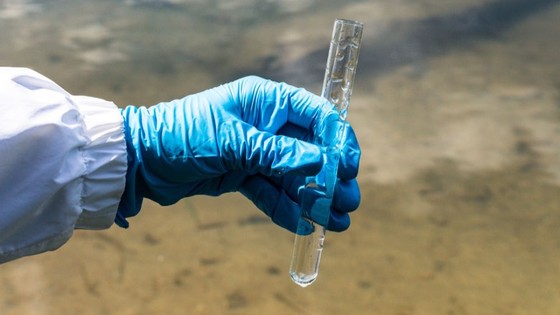 |
| Sampling of metal contaminated water |
The team used Vibrio natriegens, a saltwater-friendly marine microorganism. It is one of the fastest-growing industrial bacteria, growing twice as fast as the commonly used E coli, said team member Professor Xiang Gao from the Shenzhen Institute of Synthetic Biology at the Chinese Academy of Sciences.
The sulfide reduction for Vibrio natriegens allows the bacteria to directly absorb sulfide from the environment and produce H2S gas, which then combines with metal ions in polluted water to create semiconductor nanoparticles. The nanoparticles are then immobilized on the surface of the bacteria, forming semiconductor bio-particles. When exposed to light, the semiconductor material absorbs solar energy and converts it into electrons, providing additional energy for the bacteria. After a complete cycle, the research team can collect the biological substances in the wastewater through filtration or sedimentation to extract the semiconductor material.



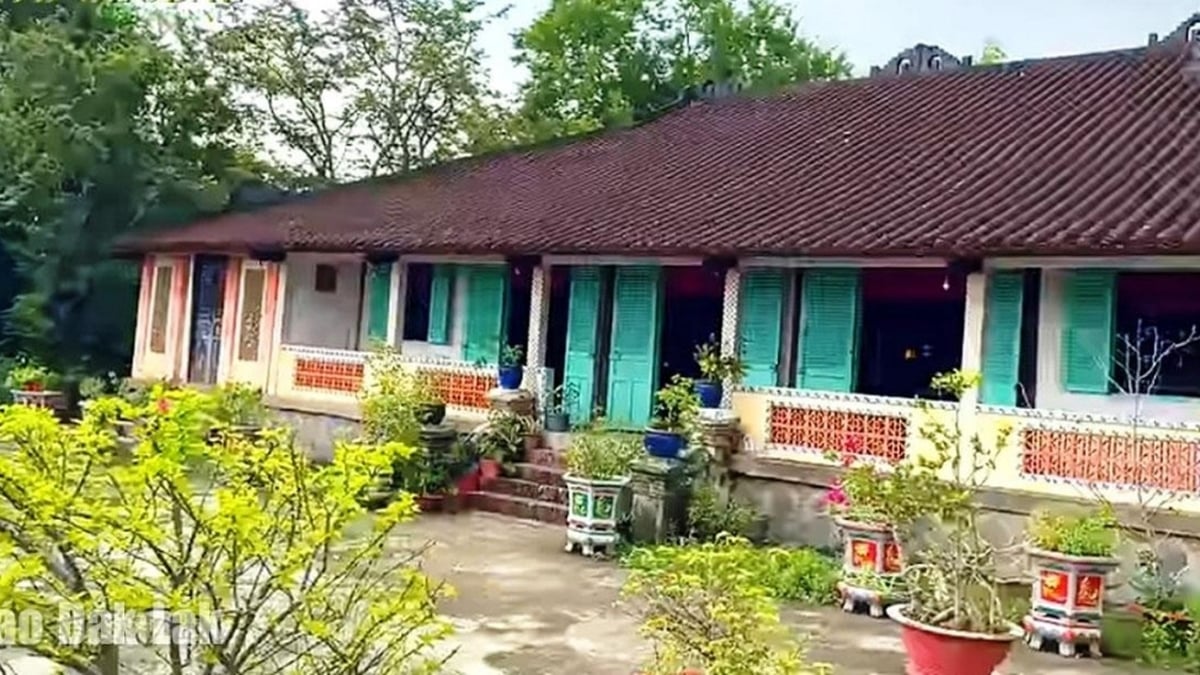

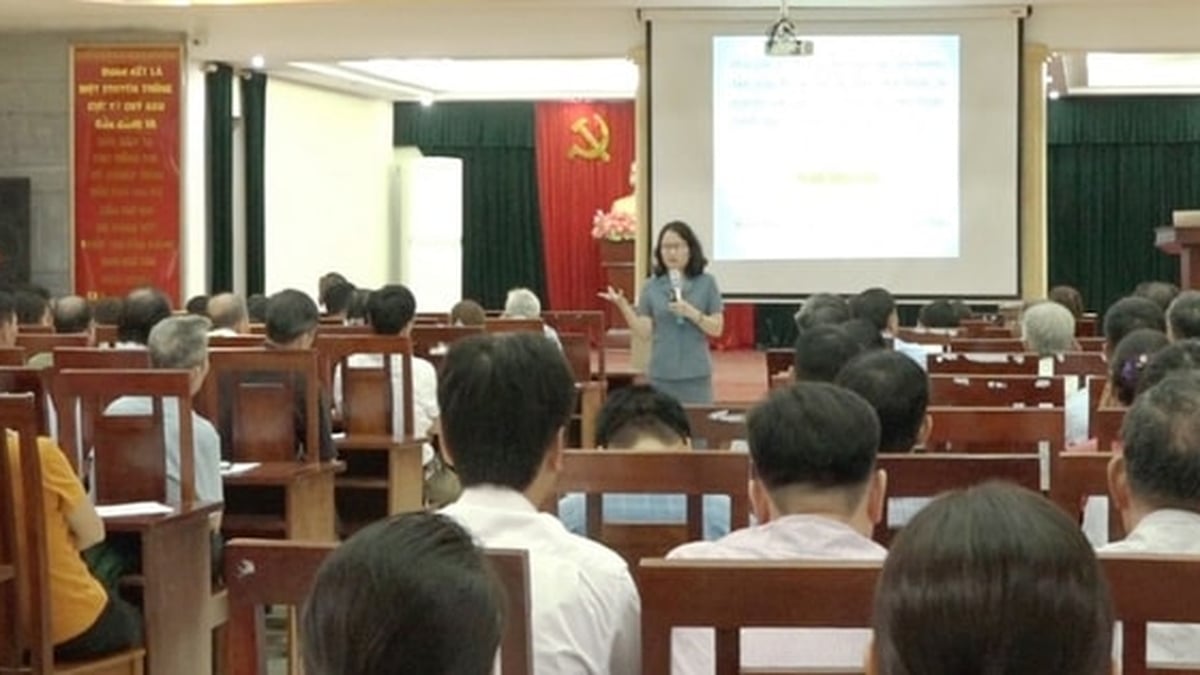
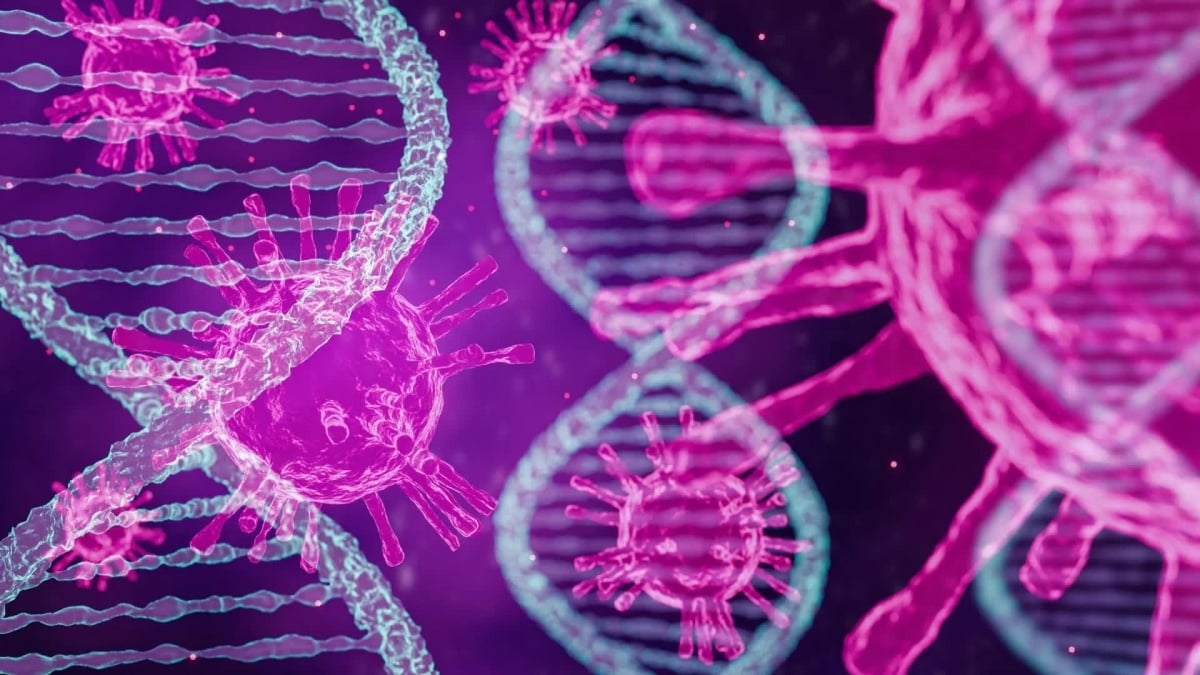

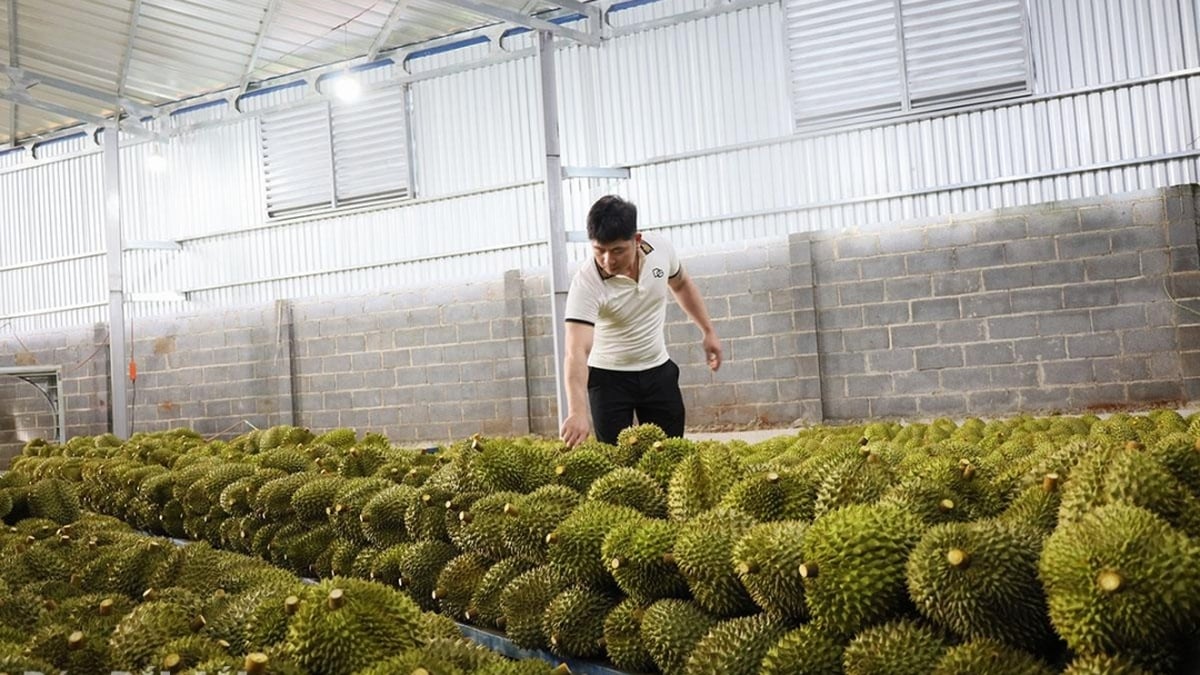


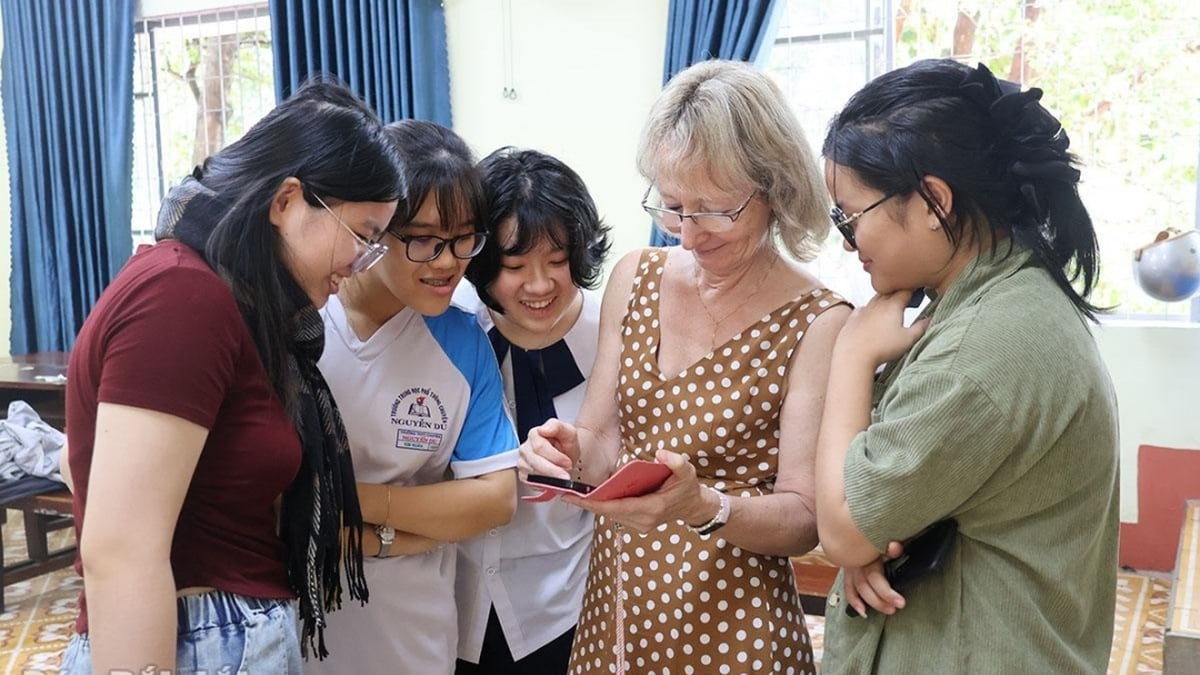


















































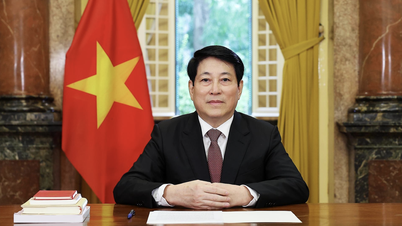




































Comment (0)